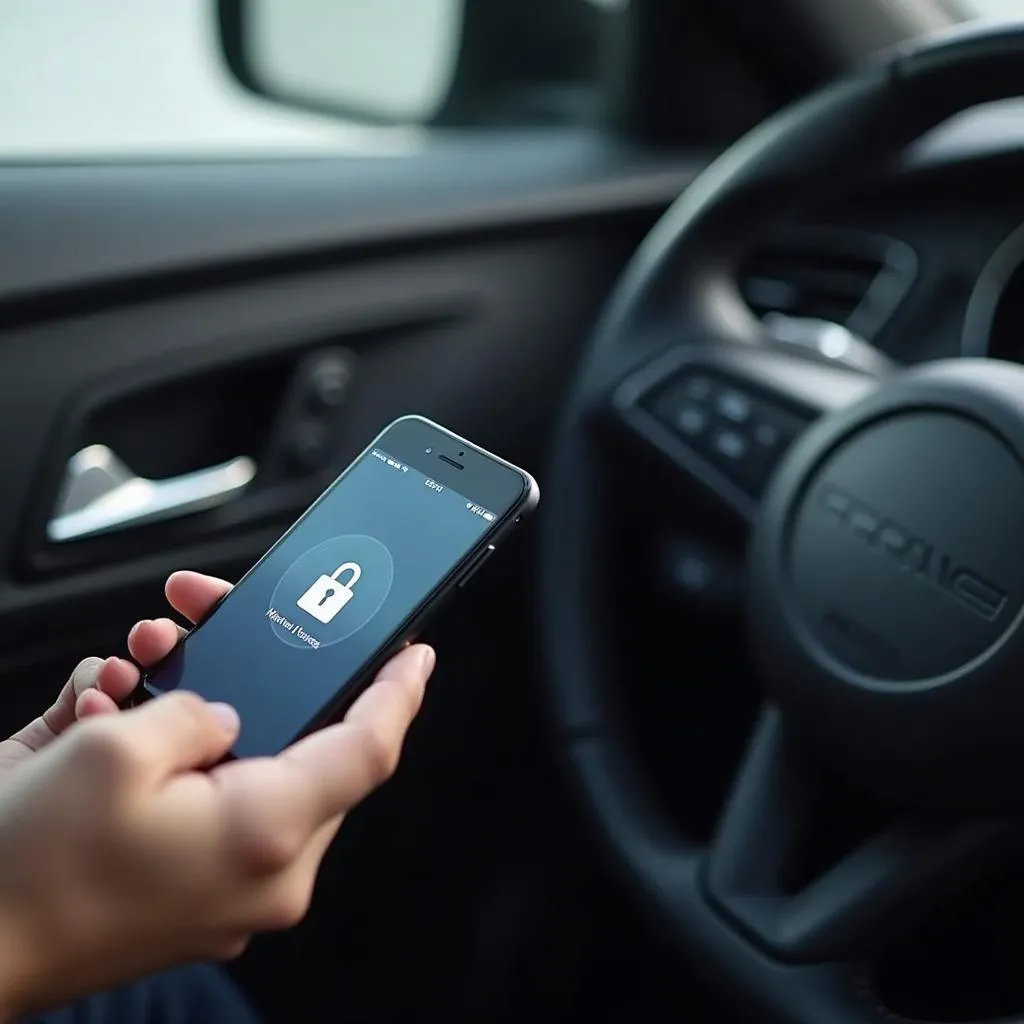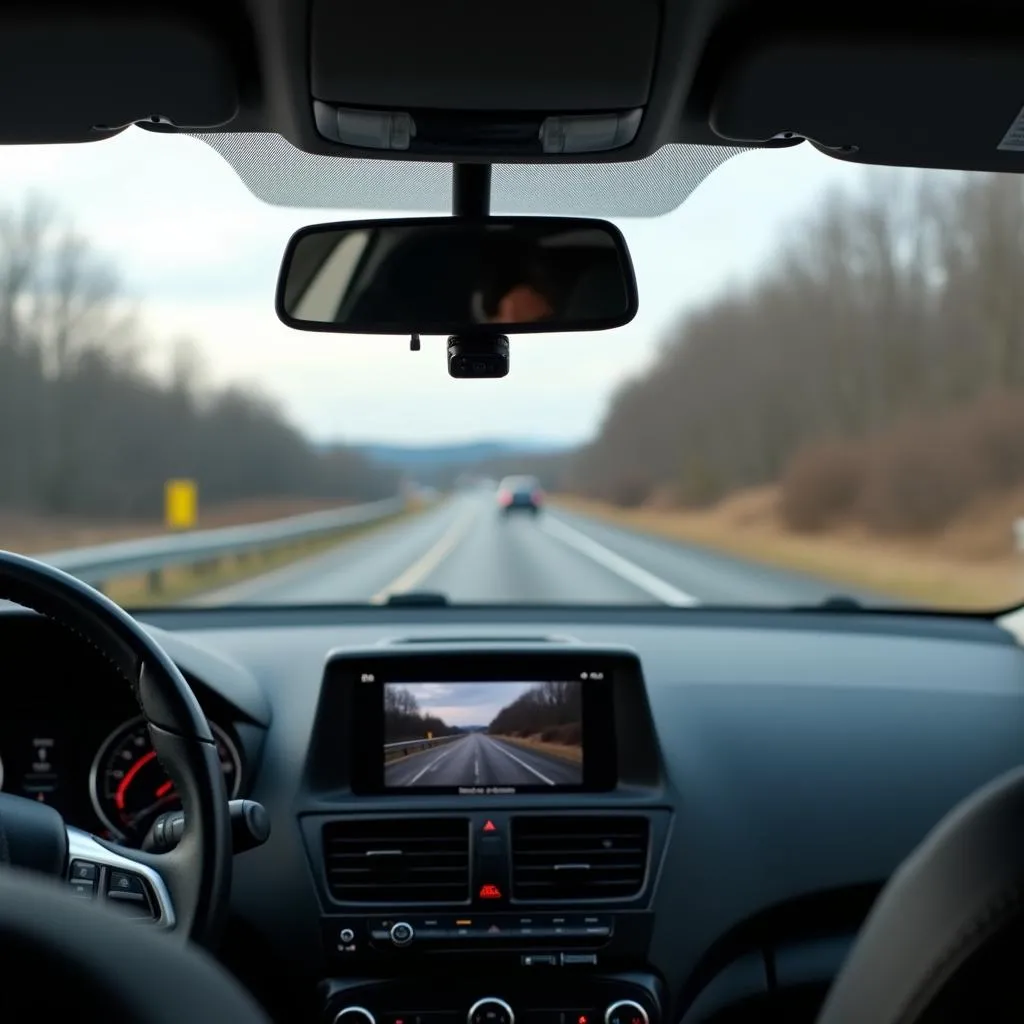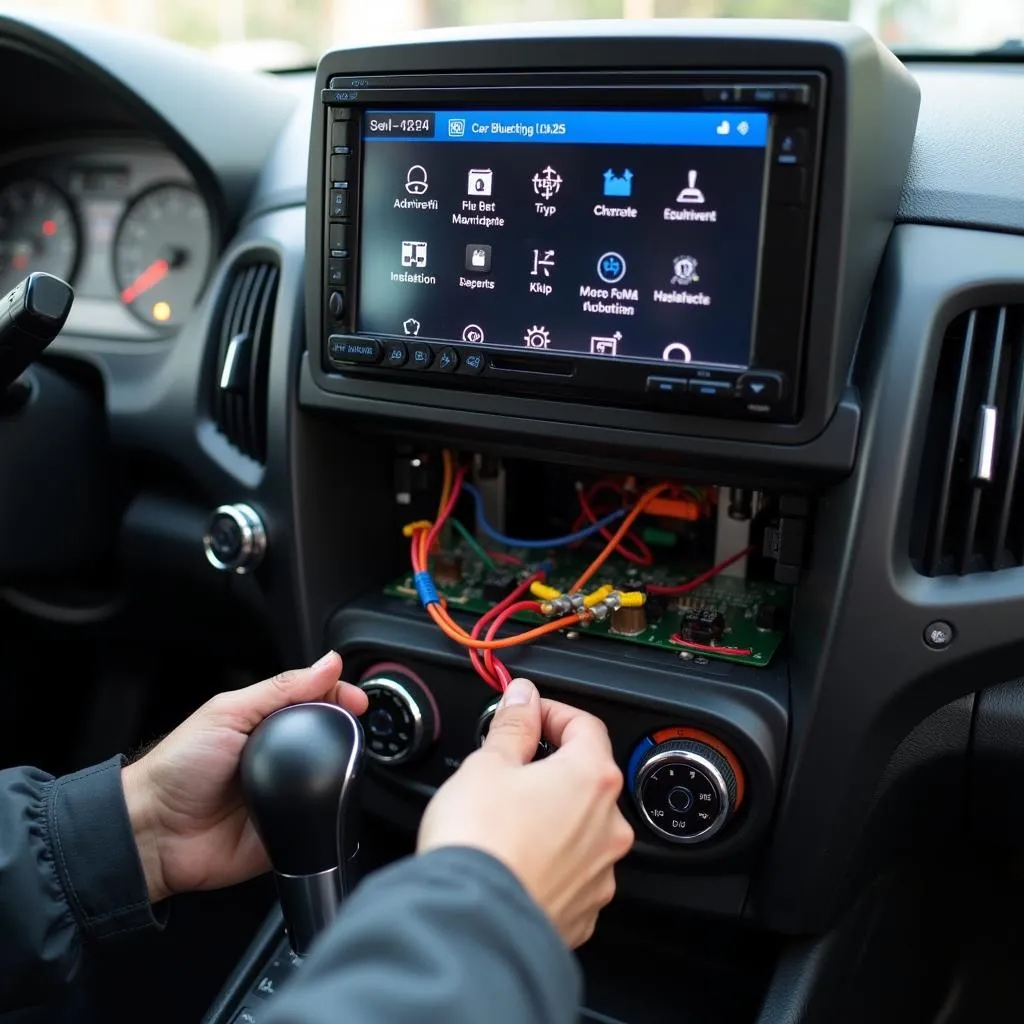In today’s tech-driven world, our smartphones are practically extensions of ourselves. We use them for communication, navigation, entertainment, and even as car keys. This integration with our vehicles makes anti-theft measures more important than ever. You don’t want just anyone accessing your car and potentially your personal data through a connected phone. That’s where “don’t touch my phone” anti-theft devices come into play, adding a layer of security that goes beyond traditional car alarms.
What Triggers a “Don’t Touch My Phone” Alert?
While “don’t touch my phone” isn’t a literal feature in cars, it represents a combination of technologies designed to keep unauthorized users out. These often work in conjunction with your smartphone:
- Proximity Sensors: Many modern cars, like some Tesla Model 3s (link to internal page: https://cardiagtech.com/does-tesla-model-3-have-anti-theft-device/), use Bluetooth or other proximity sensors. If the authorized phone moves too far from the vehicle, the car might automatically lock or even activate an alarm.
- Smartphone Integration: Apps linked to your vehicle can provide alerts if someone tries to tamper with it or move it without authorization. You literally receive a notification on your phone!
- Biometric Authentication: Higher-end vehicles are starting to incorporate fingerprint or facial recognition. Only authorized individuals can start the car or access certain features.
 Car automatically locks when phone is out of range
Car automatically locks when phone is out of range
How to Tell if Someone’s Tried to Access Your Car
Suspicious activity isn’t always obvious. Look for these telltale signs:
- Phone Notifications: This is your first line of defense. Check for unusual alerts from your car’s app or security system.
- Car Alarm Anomalies: Did your alarm go off without a clear trigger? It could be an attempted breach.
- Physical Evidence: Scratches near door handles, a jammed window, or a disconnected car battery can all indicate tampering.
Tools for Enhanced Vehicle Security
Want peace of mind? Consider these additional security measures:
- GPS Trackers: Real-time location tracking can help recover your car quickly if it’s stolen.
- Dashcams: A front and rear-facing camera provides video evidence in case of an incident.
- Immobilizers: This technology prevents the engine from starting without the presence of a specific key or fob.
 Dashcam recording inside a vehicle
Dashcam recording inside a vehicle
Troubleshooting Common Car Security Issues
Let’s address some frequent questions:
Q: My car alarm keeps going off randomly. What could be wrong?
A: This can be due to a faulty sensor, a low car battery, or even environmental factors like strong winds. It’s best to get a diagnostic check to pinpoint the issue.
Q: I’m having trouble connecting my phone to my car’s Bluetooth. What should I do?
A: Ensure both devices have Bluetooth enabled, they’re in pairing mode, and you’re following the correct pairing sequence outlined in your car’s manual.
Q: Are remote car starters safe from hacking?
A: While manufacturers are constantly improving security, vulnerabilities can exist. It’s crucial to choose reputable brands and stay informed about any software updates or security patches.
Cardiagtech: Your Partner in Automotive Security
Protecting your vehicle is paramount. CARDIAGTECH offers a range of diagnostic and programming services to ensure your anti-theft systems are in top condition. Contact us today for expert assistance and keep your car safe from unauthorized access.
Remember: When it comes to car security, being proactive is key. Invest in reliable anti-theft devices and stay vigilant about potential threats.


